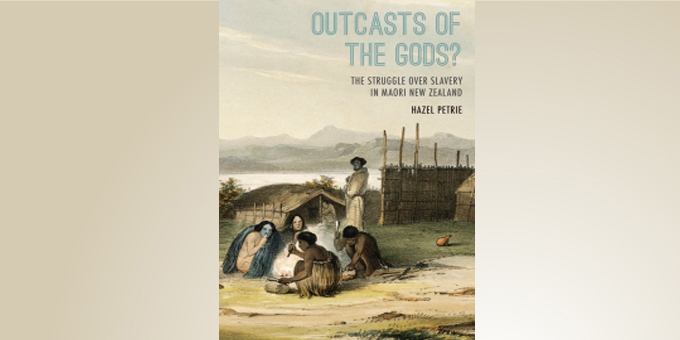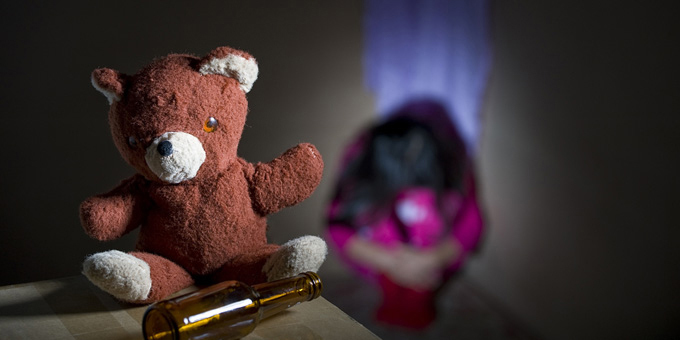September 21, 2015
Maori slavery driven by white market


Maori slavery driven by white market
The author of a new book on Maori slavery says the practice could have been a by-product of contact with Europeans rather than an inherent part of Maori culture.
Hazel Petrie started Outcasts of the Gods after identifying a gap in the record while working on her previous book about Maori business.
She says while war captives had been a feature pre-European Maori life, most of the evidence about so-called slaves comes from the writings of missionaries, sailors and traders during the Musket Wars of the 1810s and 20s, when society was in turmoil.
Victorious tribes were taking huge numbers of captives.
"People like Hongi and Te Rauparaha were said to have had about 2000 slaves each whereas at the time of Captain Cook it would seem there were very few captives taken so I'm thinking it's to do with the trade opportunities that occurred when the shipping starts coming. The whalers and the trading ships start coming around the same time as the Musket Wars, that the two things are linked, they need a labour force so they are taking more captives," Dr Petrie says.
She says once people had become slaves or servants, there seems to have been a tikanga against ill treatment.
Outcasts of the Gods? The Struggle over Slavery in Maori New Zealand is published by Auckland University Press.
http://www.press.auckland.ac.nz/en/browse-books/all-books/books-2015/outcasts-of-the-gods-.html
Copyright © 2015, UMA Broadcasting Ltd: www.waateanews.com









